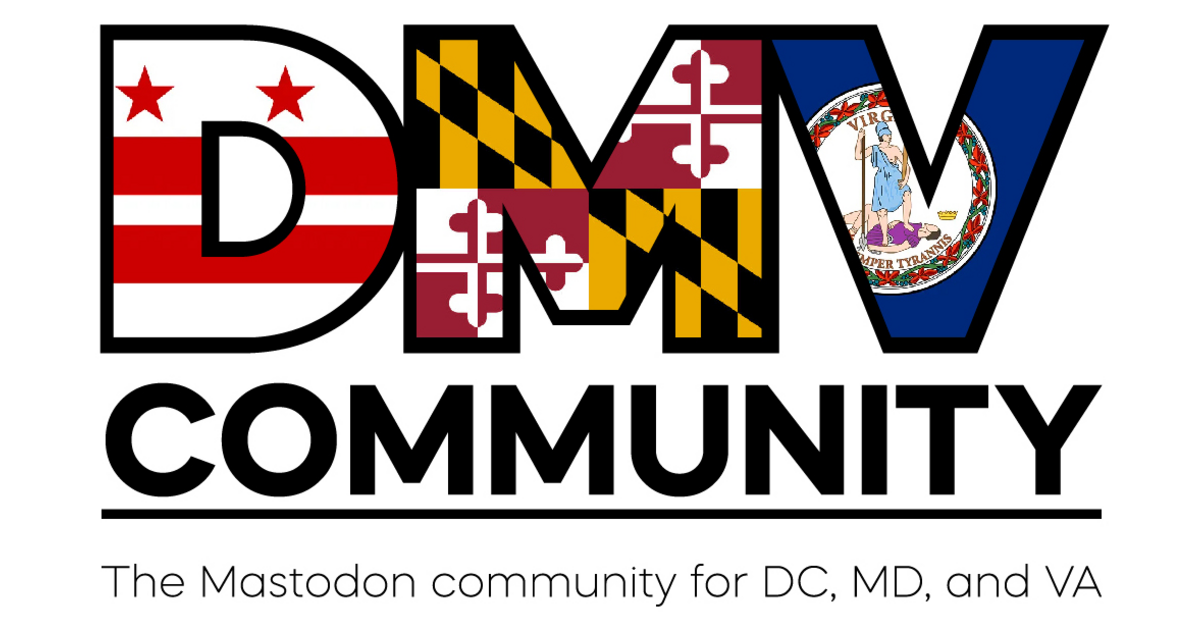Here's what we've got for you in our Weekly Top 5:
* Long COVID camaraderie (Men's Health)
* Breeding terrorists on Telegram @ProPublica / Frontline
* 737 Max coverup (Wired)
* Petrusich profiles Dacus (The New Yorker)
* The Irish pub as export (Smithsonian Magazine)
Learn why our editors have recommended these pieces and find out which story our audience loved most.

